The Law on Juvenile Justice has the duty to protect the rights and best interests of minors; ensure that the handling of minors is appropriate to their age and cognitive ability...

On the morning of November 30, with 461/463 (96.24%) of delegates in attendance in favor, the National Assembly voted to pass the Law on Juvenile Justice.
The Law on Juvenile Justice has the duty to protect the rights and best interests of minors; ensure that the handling of minors is appropriate to their age, cognitive ability, personal characteristics, and the dangerous nature of their criminal acts to society; educate and help minors correct their mistakes, improve their behavior, and become useful citizens to society.
This Law regulates the handling of diversion, penalties and procedural matters for juvenile offenders; procedural matters for victims and witnesses; execution of judgments; community reintegration and support for victims; duties, powers and responsibilities of agencies, organizations and individuals in juvenile justice activities.
Notably, the Law stipulates measures for redirection, including: Reprimand; restriction of living and traveling hours; apology to the victim; compensation for damages; participation in educational and vocational training programs; compulsory psychological treatment and counseling; community service; ban on contact; ban on going to a certain location; education at the commune, ward or town level; education at a reformatory school.
Minors in one of the following cases may be considered for diversion measures, including: Persons from 16 to under 18 years old who commit less serious crimes or serious crimes as prescribed by the Penal Code; persons from 14 to under 16 years old who commit very serious crimes, except for the cases prescribed in Clause 1 and Clause 2, Article 123 of the Penal Code; minors who are accomplices with an insignificant role in the case.
The summary report on explanation, acceptance and revision of the draft Law on Juvenile Justice presented by Chairwoman of the Judicial Committee Le Thi Nga shows that there are opinions suggesting to expand some crimes and some cases that do not allow minors to apply diversion measures.
The current Penal Code stipulates 14 crimes that do not apply diversion to people from 14 years old to under 16 years old and 8 crimes that do not apply diversion to people from 16 years old to under 18 years old.
When trying minors for these crimes, based on the nature and level of danger of the crime, the Court has two options (either applying punishment or applying judicial educational measures at a reformatory school).
Institutionalizing Directive No. 28-CT/TW of the Politburo on "developing a child-friendly and child-protective justice system," the draft Law has changed the judicial measure of education at reformatory schools into a measure of diversion. Accordingly, when committing the above crimes, minors can only be subject to either education at reformatory schools or punishment and are not allowed to be subject to diversion outside the community, so as not to affect social order and safety.

However, minors will be sent to reform schools earlier, right from the investigation stage (instead of having to wait until the end of the first instance trial as is currently the case), thereby significantly shortening the detention period and minimizing the disruption of the right to study and vocational training.
The Standing Committee of the National Assembly finds that if additional cases are not allowed to apply the redirection treatment as stated above, it will greatly increase the criminal responsibility of minors compared to the current regulations. Thus, it will not be consistent with the consistent guiding viewpoint set out for the process of drafting, examining and revising the draft Law, which is fundamentally not to increase the criminal responsibility of minors compared to the current regulations.
Therefore, it is recommended that the National Assembly maintain this guiding viewpoint and not add cases that are not allowed to be redirected, which would be detrimental and aggravate the criminal liability of minors compared to current regulations. Regarding the authority to apply redirection measures (Article 52), some opinions suggest that in cases with disputes over compensation for damages and confiscation of assets, the case file must be transferred to the Court for consideration and decision (both the measures of redirection and compensation for damages and confiscation of assets).
The Standing Committee of the National Assembly finds that in cases involving compensation for damages and the parties agree on the settlement of compensation, assigning the Investigation Agency, the Procuracy, and the Court to decide on the application of diversion measures (according to each corresponding stage of the proceedings) will ensure the principle of speed and timeliness, helping minors who meet the legal conditions to soon apply diversion measures.
However, in case of a dispute over compensation for damages, it would be very complicated to separate the compensation part to resolve it as an independent civil case; at the same time, according to the provisions of Article 45 of the Penal Code, the confiscation of property is only under the jurisdiction of the Court. Therefore, the Standing Committee of the National Assembly would like to accept the opinions of the National Assembly deputies and has revised it, reflected in Article 52 of the draft Law./.
Source


![[Photo] Overcoming all difficulties, speeding up construction progress of Hoa Binh Hydropower Plant Expansion Project](https://vstatic.vietnam.vn/vietnam/resource/IMAGE/2025/4/12/bff04b551e98484c84d74c8faa3526e0)



![[Photo] Closing of the 11th Conference of the 13th Central Committee of the Communist Party of Vietnam](https://vstatic.vietnam.vn/vietnam/resource/IMAGE/2025/4/12/114b57fe6e9b4814a5ddfacf6dfe5b7f)

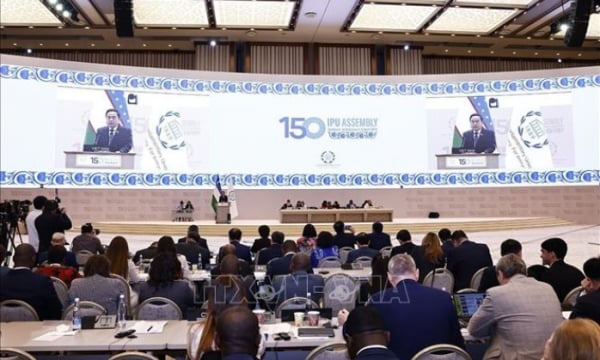
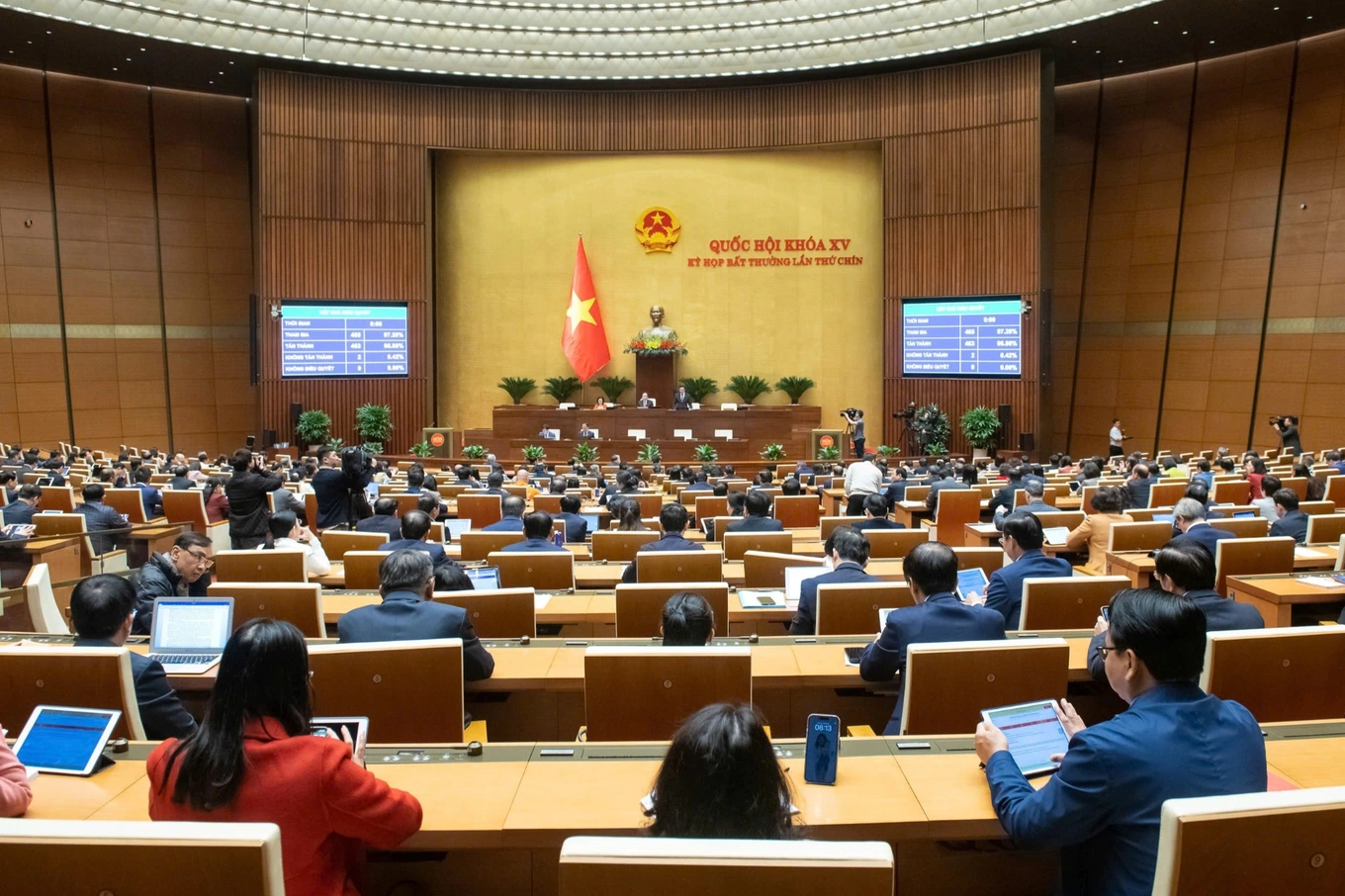




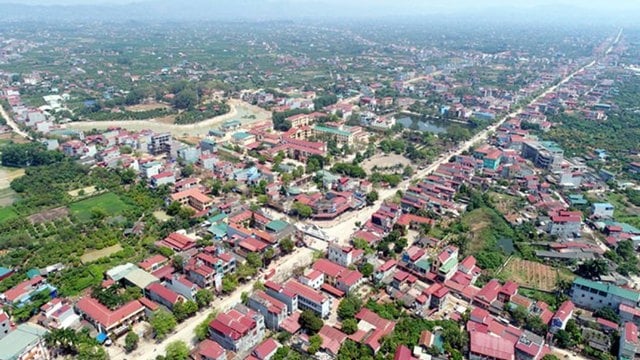

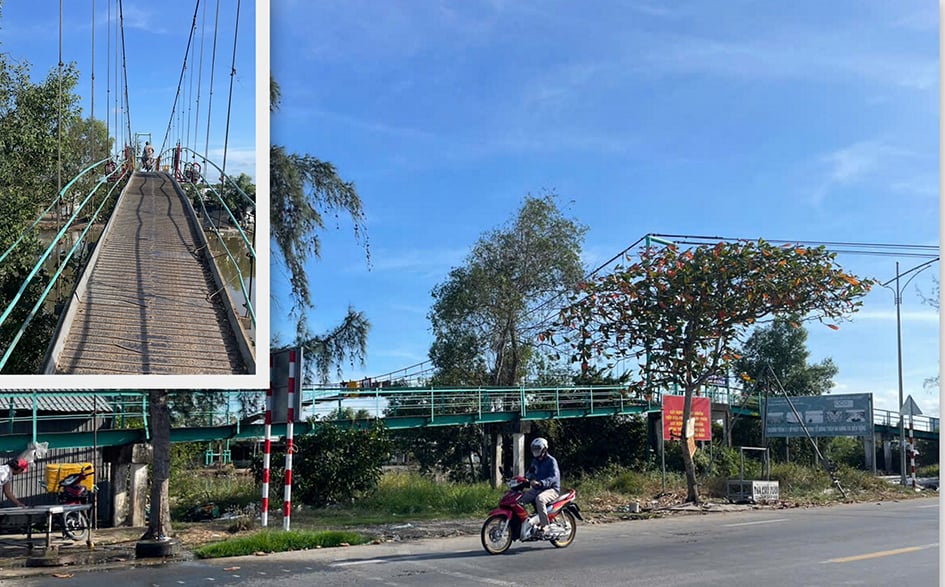


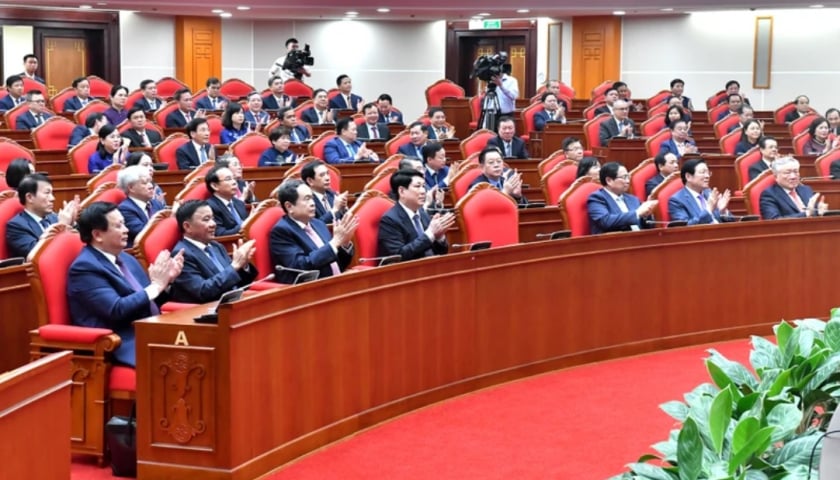
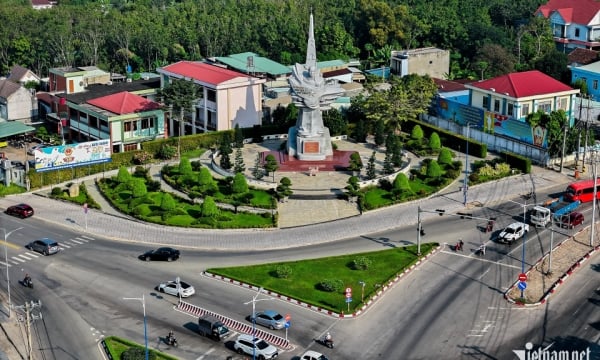
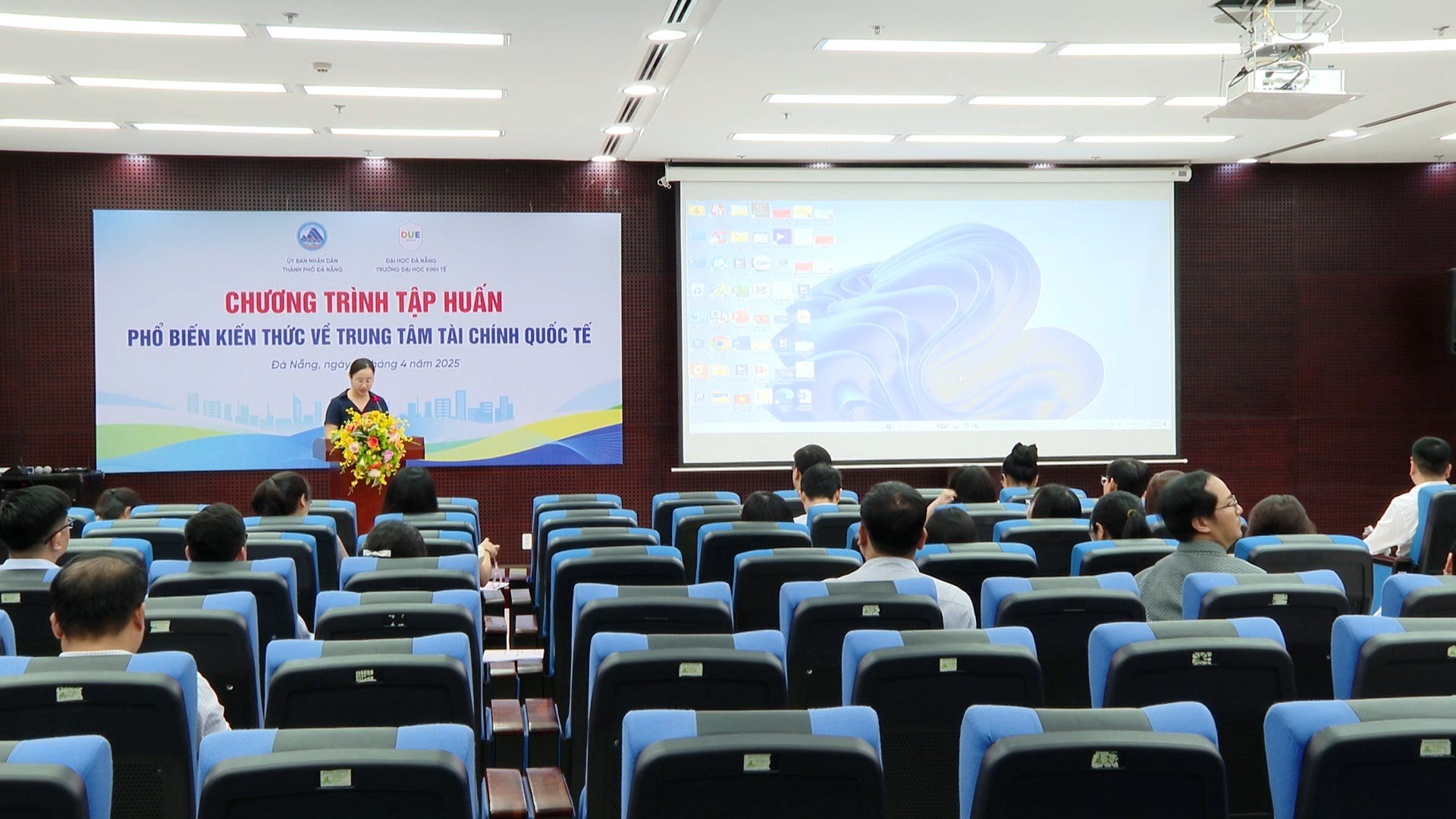





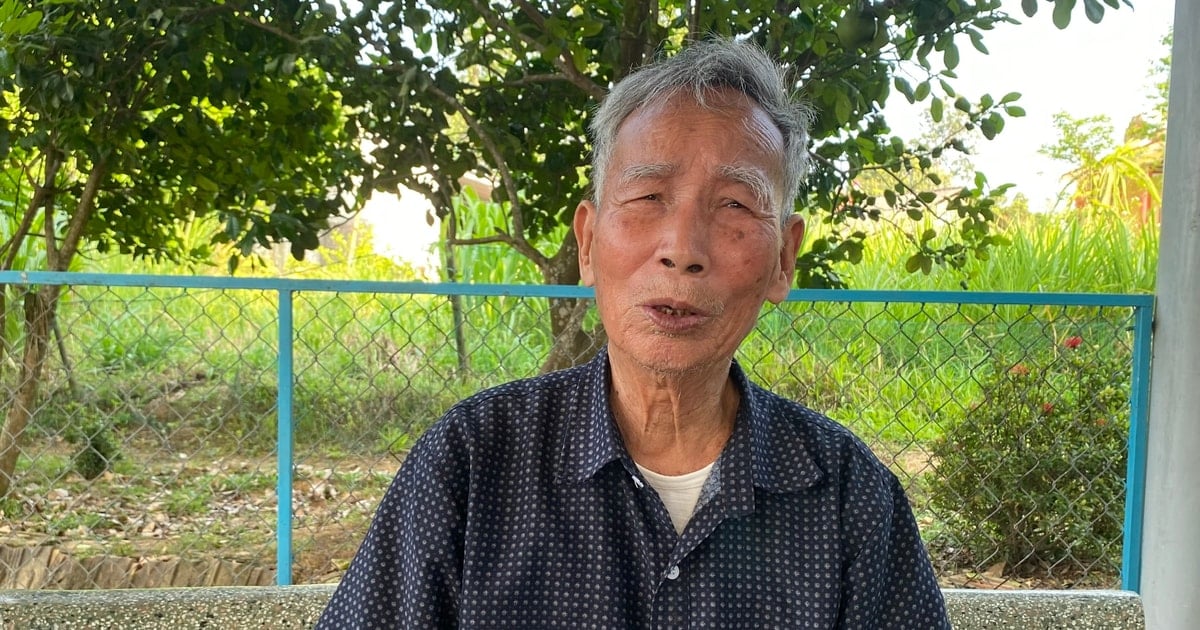
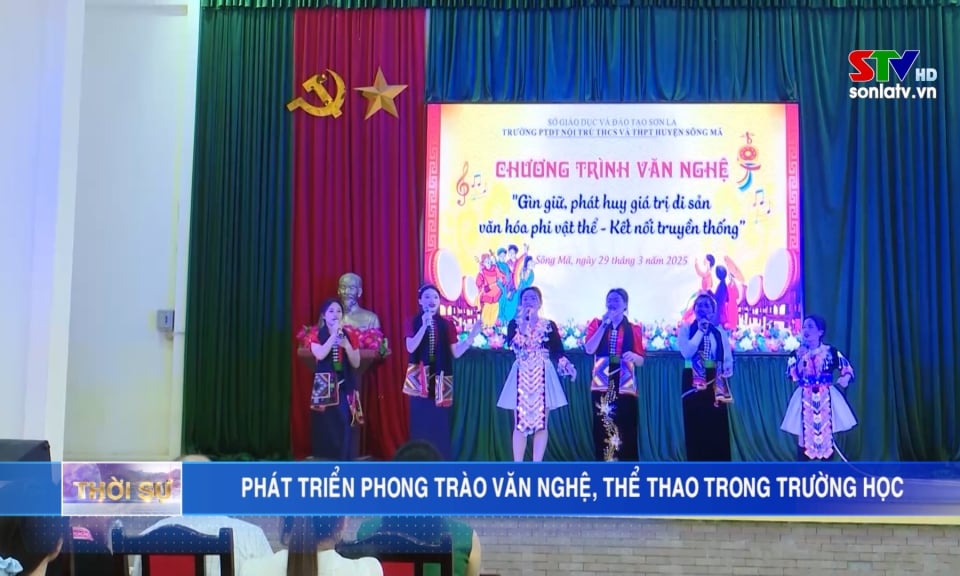
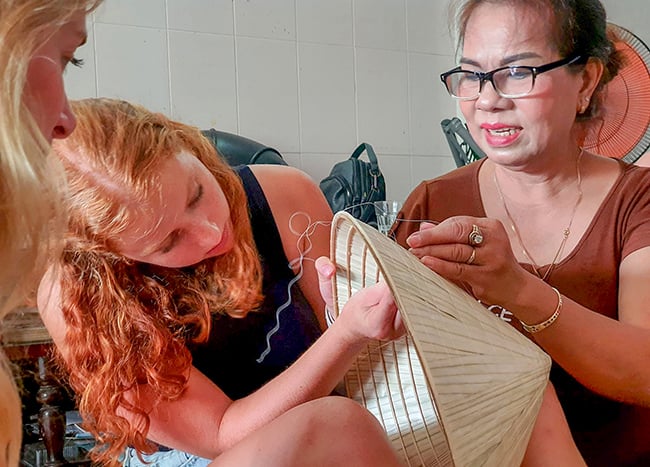
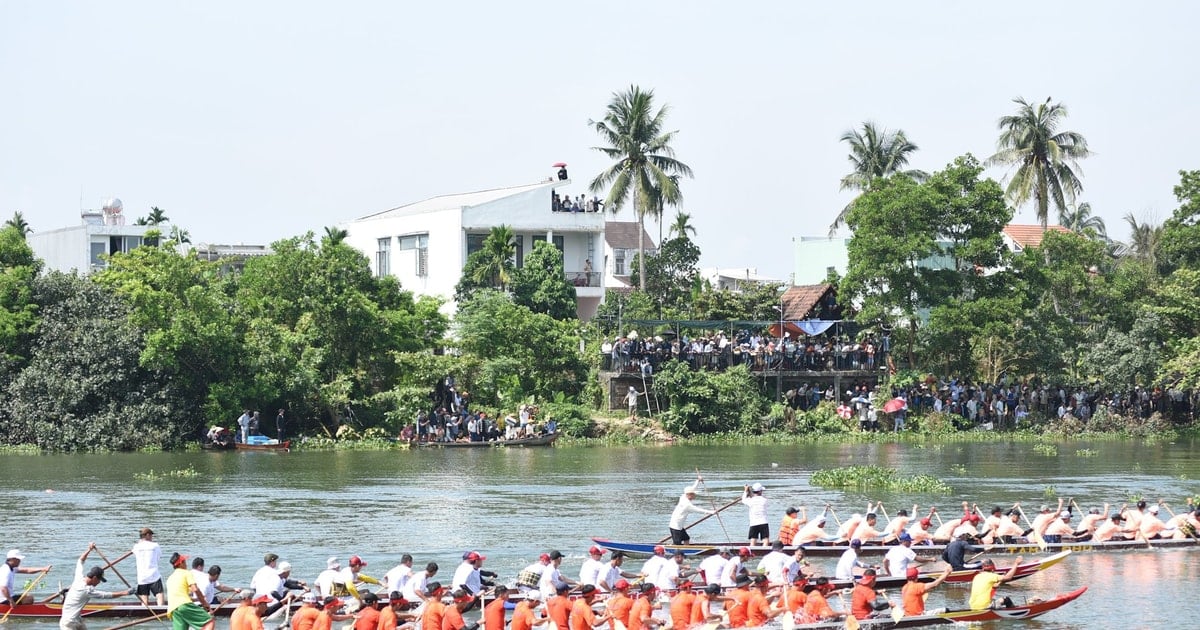


































































Comment (0)